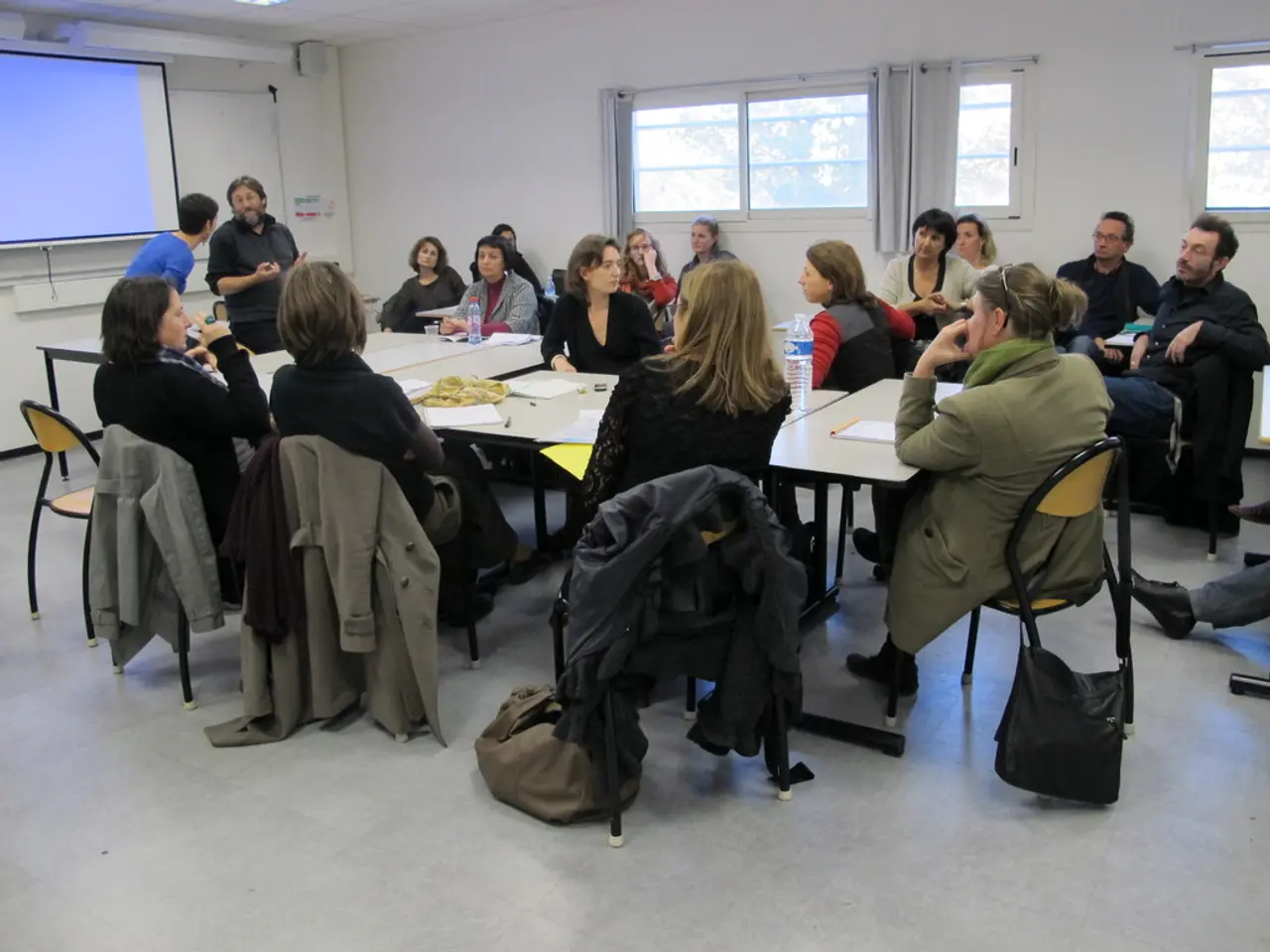Brain Health and Social Connections: Diving into the Neuroscientific Links
In a world where technology often isolates us, the importance of social interaction in maintaining brain health and cognitive function cannot be overstated. Engaging socially can stimulate the brain through conversations, games, and group activities, which help maintain and sharpen cognitive skills [1]. These activities involve language processing, interpretation of vocal and facial cues, and planning conversations, all of which contribute to brain health.
Studies have shown that social engagement not only improves cognitive performance but can also protect against cognitive decline, sometimes having a greater influence on brain health in older adults than the presence of Alzheimer’s-related proteins [1]. Conversely, social isolation is dangerous for cognitive, mental, and physical health, increasing the risk of cognitive impairment and emotional difficulties [1].
Social support, often a byproduct of social participation, correlates positively with cognitive function in older adults. This is likely due to the fact that social activities often involve physical activity and intellectual stimulation, both of which promote brain plasticity and memory function [2]. Greater social support is also associated with reduced negative emotions and higher life satisfaction [2][4]. Furthermore, social support may lower the risk of chronic diseases that can indirectly impair cognition [2][4].
Close social relationships, such as friendships, have been found to synchronize brain activity in areas related to memory, social judgment, and reward, influencing decision-making and behaviour [3]. This neural synchronization suggests that social bonds deeply shape cognitive processes and behavioural patterns.
Social interactions provide emotional support and promote healthy habits, which help manage stress and sustain brain health over time [5]. Each conversation, shared laugh, or empathetic moment triggers numerous neural pathways that strengthen cognitive functions.
Understanding the connection between social isolation and brain health is critical for loneliness treatment strategies. Regular participation in social activities can lead to improved memory and cognitive functions [5]. Even simple acts such as regular phone calls or participating in group activities can help alleviate feelings of loneliness and improve overall cognitive function.
Advancements in neuroscience have made it possible to understand the complex process of how social interactions affect the brain. The development of sophisticated Brain Computer Interfaces (BCIs) and virtual reality (VR) could provide remarkable insights into how our brains function during various forms of communication [6].
Engaging in volunteering or community service activities can improve cognitive flexibility and resilience against mental decline [7]. Maintaining meaningful connections with family members and friends not only provides emotional support but also stimulates brain activity associated with positive emotions [8].
Interventions focused on fostering healthy relationships and promoting active engagement with others are crucial for mitigating the adverse effects of social isolation [9]. Staying connected with others could potentially be one of the most effective strategies for maintaining brain health [10].
In summary, social interaction benefits brain health and cognitive function by actively engaging multiple brain systems, reducing isolation-related risks, supporting emotional well-being, encouraging physical and mental activity, and strengthening neural connections through meaningful relationships. This underscores the importance of maintaining social connections throughout life to preserve cognitive vitality.
- The importance of social interaction extends beyond emotional support and healthy habits, as it also actively engages multiple brain systems that contribute to brain health, such as language processing, interpretation of vocal and facial cues, and planning conversations [1].
- Staying connected with others can protect against cognitive decline, sometimes having a greater influence on brain health in older adults than the presence of Alzheimer’s-related proteins [1]. Social support, often a result of social participation, positively correlates with cognitive function in older adults [2].
- Engaging in activities that foster social connections, like volunteering or community service, can improve cognitive flexibility and resilience against mental decline [7]. Maintaining meaningful relationships with family members and friends can stimulate brain activity associated with positive emotions [8].




